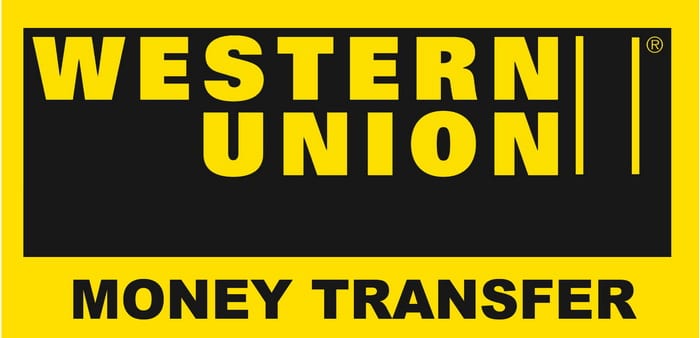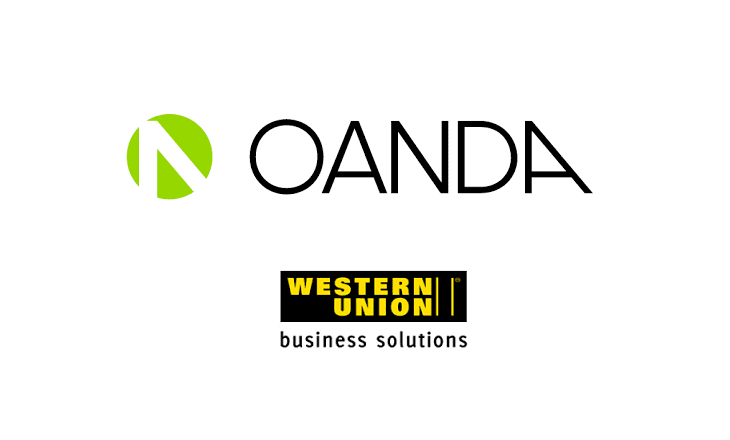The recent and sudden acceptance of Bitcoin which has prevailed recently represents a complete dichotomy when considering events which have occurred during the past year that have put fear into even the most risk-hungry investors.
Since last summer, values have soared to astonishing levels, around the $1000 mark, and then halved, the US government has embarked on a clearing out of anonymous marketplaces as demonstrated by its seizing of Silk Road last year and the arrest of its owner, followed by the demise of the largest Bitcoin exchange, MtGox, earlier this year.
Despite failed attempts to resurrect MtGox and a resultant dented image, the corporate and governmental viewpoint on Bitcoin has gone full circle and has gained approval from some very conservative and financially tradition jurisdictions such as Switzerland, where the national regulator is welcoming the virtual currency, and a new Swiss Bitcoin exchange has been launched with an ATM network across the country to follow.
In Tel Aviv, Israel, the home of many of the world’s technological innovations, Bitcoin is becoming the subject of many an astute mind, as the Middle East’s first Bitcoin ATM goes into service.
The latest step in this dynamic of universal acceptance across the free market economies is money transfer giant Western Union, whose CEO Hikmet Ersek has stated in an interview with Bloomberg TV that his firm is open to the idea of facilitating Bitcoin transactions should the digital currency gain regulatory oversight.
This is a difficult task of course, as the very nature of Bitcoin dictates that it circumvents sovereign currency issuers, and is not party to any central bank.
When asked about the potential threat to firms such as Western Union which Bitcoin could pose, being a cheaper method of sending money overseas without any associated costs, thus posing a rival to the traditional direct FX firms such as Western Union, which charge a commission or exchange rate according to their own tariff for exchanging the sender’s currency into the local currency when it reaches the recipient.
Mr. Ersek was challenged about Western Union’s “expensive” pricing for conducting transfers, to which he explained that if the service was too expensive, customers would not use it.
He then pointed out that Western Union currently offers the ability to move 121 different national currencies, and that in future, Bitcoin could become one of them if a regulatory framework could successfully be applied.
We would use it “if it is regulated as a currency, but it is not regulated as a currency,” he emphasised, adding:
“That’s the issue with Bitcoin. We are a very regulated industry. If Bitcoin is regulated and the customer wants that, I mean, why not?
“I am not sure Bitcoin is a currency. Bitcoin is a system. It is not used as a currency, it is defined as an asset. When the reserve bank issues bitcoin and when it is regulated we would be more than happy.”
Indeed, in the recent installation of the Bitcoin ATM in Tel Aviv, Nimrod Gruber, CEO of Bitbox, explained that “Foreign workers in Israel can buy Bitcoins in Shekels and then have their families withdraw cash in local currency at a Bitcoin ATM in their home country or vice versa.”
High street companies which send money abroad such as Western Union had until now no competition, as fiat currency was the only option. Nowadays, with the borderless Bitcoin, such companies can ignore it at potential cost to their business, or indeed embrace it.


